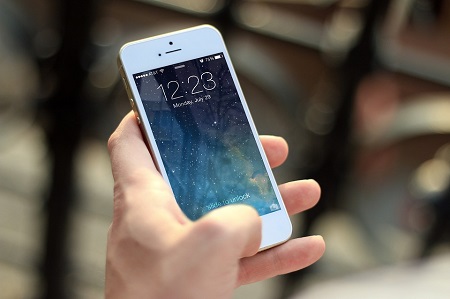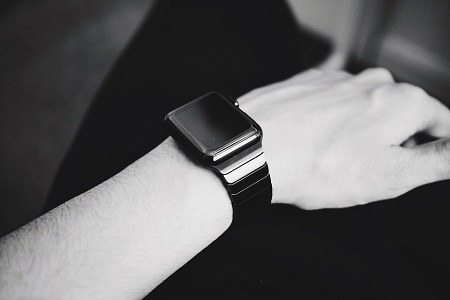The industry cautioned that phone charge trade deal negotiations will be rather tricky.
When Brexit occurs, mobile roaming fees could skyrocket by an astounding amount for British travelers. In fact, the industry has cautioned that Brits that every song they stream could cost them €50 in roaming charges when the U.K. splits from the E.U.
This will occur unless the U.K. manages to negotiate a comprehensive free trade agreement following Brexit.
The E.U. has been campaigning against the existence of mobile roaming fees for more than ten years. They have lowered the amount mobile operators are permitted to charge. Moreover, they are leading to a nearly entire removal of mobile roaming charges by the summer of 2017. Former British Prime Minister David Cameron continually underscored this type of potential fee throughout the Brexit referendum campaigns.
When Brexit occurs, British travelers will no longer be covered by the protection from mobile roaming fees.
 This will make it possible for European carriers to charge British travelers whatever they want for using phone, text and data services. At the moment, American travelers who don’t arrange for special data packages find themselves paying €10 per MB. This could soon be the case for people from the U.K., as well.
This will make it possible for European carriers to charge British travelers whatever they want for using phone, text and data services. At the moment, American travelers who don’t arrange for special data packages find themselves paying €10 per MB. This could soon be the case for people from the U.K., as well.
While this had previously been problematic before the limits to E.U. mobile roaming charges had been put into place, it is expected to be far greater after Brexit. The reason is that the last time carriers were allowed to charge whatever they wanted to British travelers, it was primarily for talk and text.
Now, people are using their smartphones for far more than that on a very regular basis. Keeping in mind that a single Spotify song is usually between 3MB and 5MB, non-EU mobile device users could pay exorbitant fees for mobile web use.
Mobile roaming fees aren’t the only costs that might change for British travelers to Europe. U.K. carriers may find that they will be charged higher line rental and other network fees by E.U. providers. This extra expense will need to be passed on to the customer, too. To avoid this, negotiations between the U.K. and the E.U. will need to be quick and careful.

 Instead, the smartwatches will carry the brand of the company manufacturing them. According to Chan,
Instead, the smartwatches will carry the brand of the company manufacturing them. According to Chan, 